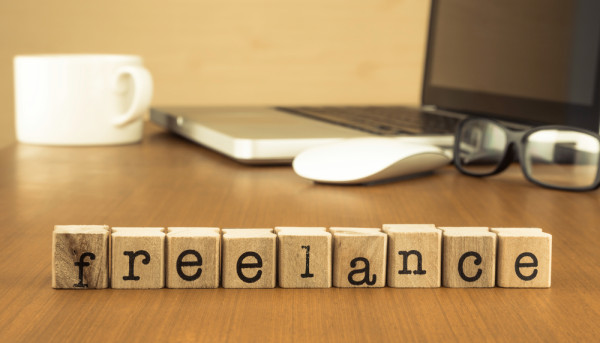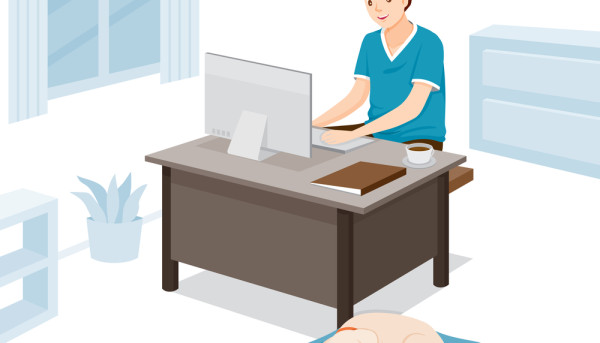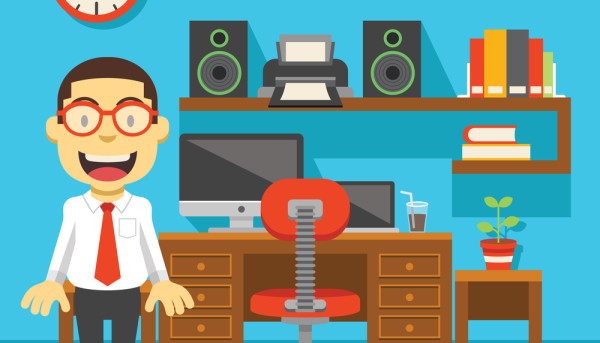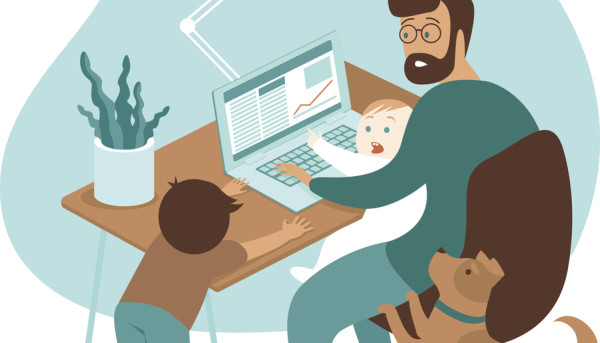Why You Should Have an Emergency Fund
Having an emergency fund is a great way to prepare for emergencies. You can use it to pay for school expenses, emergencies that you have with pets, or anything else.
The best part is that it will allow you to enjoy a higher savings rate.
Money market accounts
Having an emergency fund in place can help you meet unexpected financial needs. Whether it's a medical emergency or a child care expense, having the cash on hand is always a good idea.
If you're looking to save money for an emergency, consider opening a money market account. It offers several advantages over traditional savings accounts.
The money market account is a low-risk investment that allows you to withdraw money at any time. The account is offered by banks and credit unions. It can be a good way to save money for emergencies and to fund future goals.
Many money market accounts are offered through online banks, which have fewer overhead expenses. These accounts generally offer higher rates of interest than traditional savings accounts.
However, these accounts usually have a higher minimum balance requirement and require a higher initial deposit.
In addition to offering higher rates of interest, money market accounts offer more flexibility. Some allow for unlimited transfers, while others limit your withdrawals to three to six times a month.
Some banks offer debit/ATM cards to allow easy access to your funds. Depending on the bank, you may have to pay a monthly maintenance fee. Some banks waive these fees when you meet daily balance requirements.
Money market accounts are ideal for people who have substantial deposits. Some banks also offer special offers and bonuses. It's best to read the fine print before opening an account.
Some banks also charge fees for over-six withdrawals a month. If you have an emergency and need cash, it's best to avoid a bank that charges these fees. If you find one that charges a fee for over-six withdrawals, consider opening a savings account instead.
Pet emergencies
Having an emergency fund for pet emergencies is important because it can provide you with the peace of mind that you need when it comes to your pet's health and wellbeing. It can help you cover unexpected expenses like vet bills and can be a lifesaver when your pet gets sick.
It is important to start a pet emergency fund right away. If you haven't started, you are putting yourself at risk for unexpected expenses. A good way to start is to open a separate bank account specifically for the fund. This will make it harder to raid your savings when an emergency strikes.
It is also important to set aside a small portion of your monthly budget for a pet emergency fund. This could be a few hundred dollars. If you have a credit card, this could provide you with an automatic short-term loan. Credit cards typically come with a high interest rate if you are near your limit.
While an emergency fund for pet emergencies may seem like a waste of time, it can save you from a stressful situation. It can also help you get the medical care your pet needs without sacrificing your financial future.
You should consider a pet insurance plan that offers a low deductible and has a reimbursement plan. A good insurance plan will help you share the burden of emergency care with your pet's veterinarian.
You can also get a loan from a company like CareCredit. These companies offer loans to cover the cost of emergency veterinary care. Typically, you must have a solid repayment plan in order to qualify for one of these loans.
It can be a lifesaver in a pinch, but you should only consider this option if your family can't afford to pay off the bill.
School expenses
Whether you are still a college student or are looking to get started, an emergency fund is a great way to reduce stress. It can cover unexpected expenses such as a broken laptop or car repair.
It also can help you prepare for more long-term emergencies. It can cover medical bills, travel expenses, and home repairs.
An emergency fund should be set aside in a separate account. It will also help you form good money-management habits.
It should be big enough to cover at least a month's worth of expenses. This can be a daunting goal, but it can be accomplished. You can begin by setting aside money each week.
If you're not sure how much you should be saving, start by estimating your monthly expenses. You may be surprised at what you're able to cut. You may be able to eliminate subscriptions to monthly streaming services or reduce your monthly roommate costs. You can also find ways to save money on everyday expenses.
A good emergency fund should also cover at least six months worth of salary after graduation. This will ensure that you have a buffer for loan payments if necessary.
An emergency fund should not be used to replace other savings you may be planning for in the future. You should continue to contribute to the fund as necessary.
While the amount of money saved may seem like a lot, it will add up over time. It's best to start with a small amount and work your way up.
An emergency fund can help you get through unexpected expenses such as a car crash, medical bills, or even a lost laptop. It can also help you sleep better during school and lower your stress level.
Increase your savings rate
Having an emergency fund is one of the best financial moves you can make. This is because having cash in reserve can mean the difference between getting out of debt or going deeper into debt.
When it comes to saving, the rule of thumb is that you should be saving at least 3 to 6 months of your average monthly expenses. However, you can increase your savings rate by using small increments to get big results.
One of the best ways to increase your savings rate is to set up an automatic transfer from your checking account to your emergency fund. You can also look into a money market account to boost your savings rate. This type of account pays a high rate of interest and has some checking features.
Another way to increase your savings rate is to create a second savings account. This is especially helpful if your normal expenses are irregular. You can use this account for car maintenance, clothing, vacations and more.
You can also consider selling some of your extra stuff to boost your emergency fund. This is an easy way to increase your savings rate. If you sell one item, you could add a significant amount of cash to your emergency fund.
In addition, you can increase your savings rate by paying off debt. If you have high interest rates, you should consider paying off your debt before saving. However, if you have lower interest rates, you can save and pay off your debt at the same time.
Another way to increase your savings rate with an emergency fund is to make small changes to your spending. You can make lunch at work instead of eating out, carpool, or cancel streaming services.
Get the best savings rate for your emergency fund
Having an emergency fund is essential, and many experts recommend having at least three months' worth of living expenses saved. It can help you get through life's toughest times. But how can you build an emergency fund?
You can start by listing your expenses and estimating how much you need each month. Then, cut down on unnecessary spending. You can also cancel streaming services, bring your lunch to work, or carpool. This will free up money to put towards your emergency fund.
Once you have determined how much money you need to save each month, start by setting a goal. Most experts recommend starting with $1 per week, then increasing the amount by $5 or $10 each week.
You can find emergency fund calculators online. These are easy to use and will help you figure out how much money you need to save. You can also use your tax refunds to fund your emergency fund. The best place to keep an emergency fund is in a high-interest savings account. This way, you'll grow your money and be able to access it whenever you need it.
You can build an emergency fund through a savings account at Discover Bank. This bank offers great online and mobile banking services, as well as consistently high savings rates. The bank also offers no monthly fees.
In order to achieve your goal of having a $10,000 emergency fund, you'll need to save at least $833 per month. You can set up automatic transfers into your savings account through your online or mobile bank. You can also set up a specific deadline for building your emergency fund.
An emergency fund can help you get through difficult times, and can help you continue to achieve your goals. But you should only use your emergency fund for necessary expenses. Using your emergency fund for non-essential expenses can put you further in debt.









